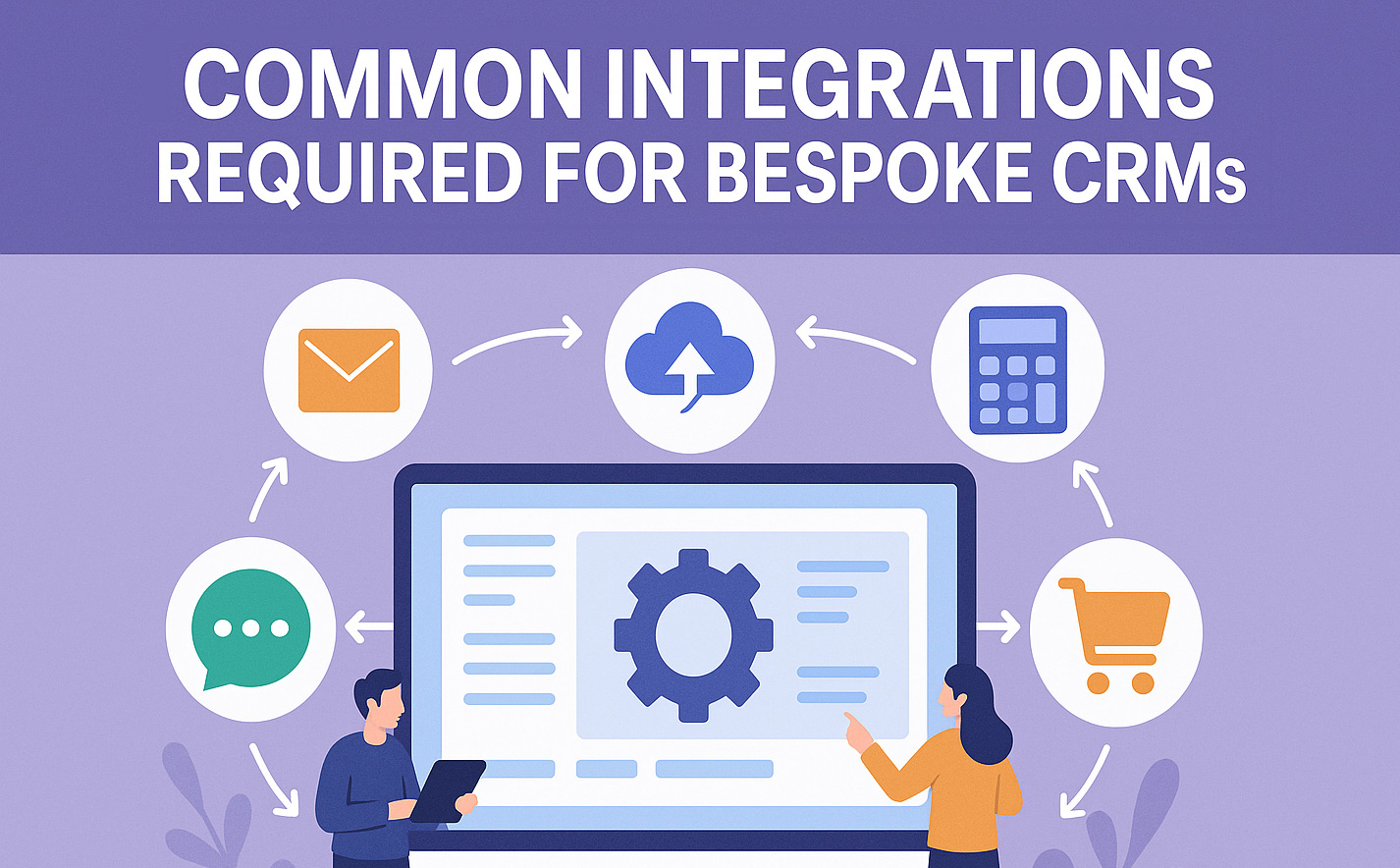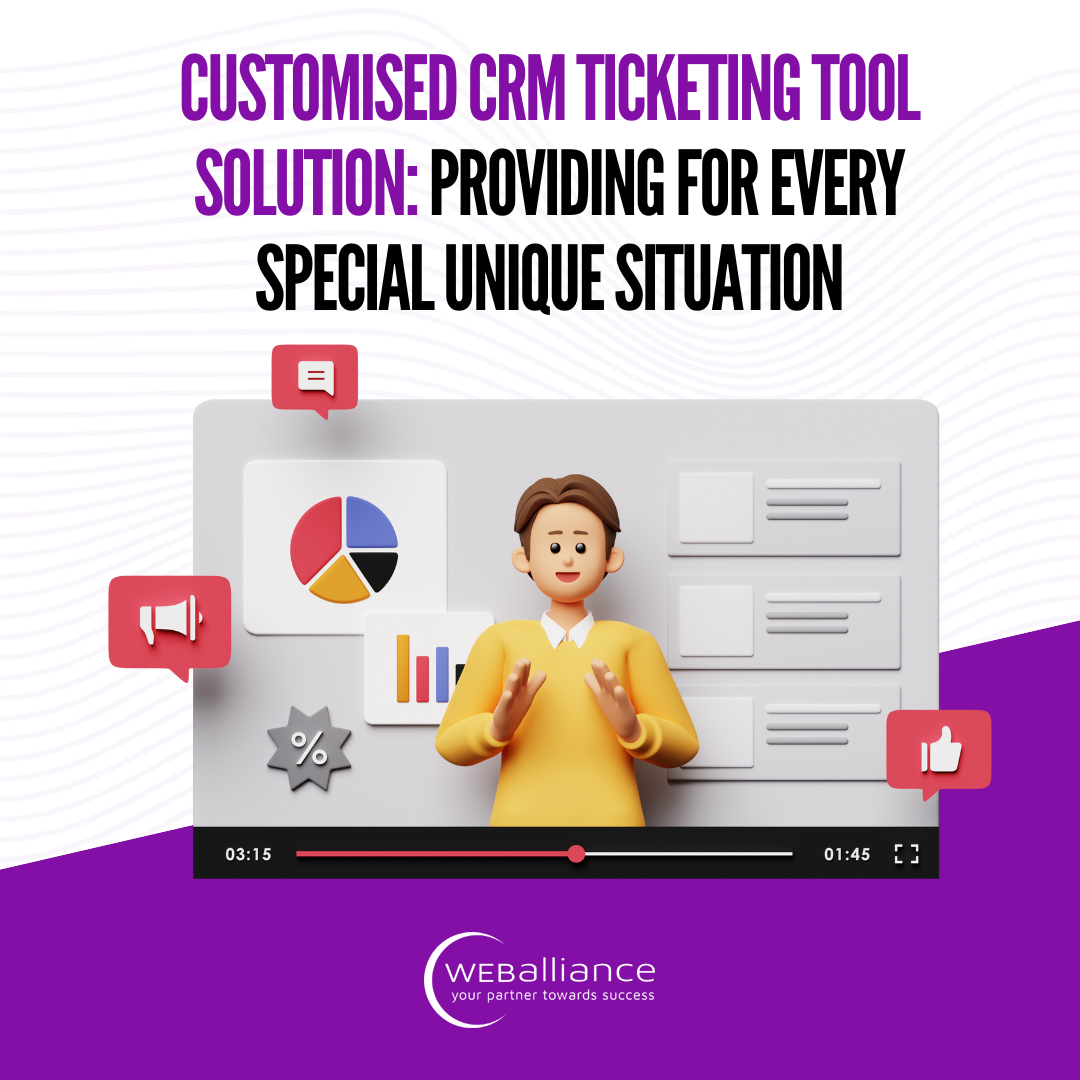Understanding Case Management Software - Because running your organisation shouldn’t feel like spinning plates all day

Let’s be honest — managing cases can feel like organised chaos.
You’ve got emails in five different inboxes, shared folders, spreadsheets, handwritten notes from a call last week… and everyone’s trying to piece it all together.
Sound familiar?
We’ve worked with charities, training providers, consultancies, and support services across the UK — and one thing they all have in common is this: their success depends on how well they manage their cases.
That’s where a properly designed Software comes in.
But not just any Software - you need one that actually fits the way you work.
So, What Do We Mean by “Case Management”?
In simple terms, it’s everything you do to handle a client or project from start to finish.
Think of a “case” as a folder (digital, ideally) that holds every task, every conversation, every document, every decision.
It could be:
-
A support worker helping a family through a benefits process
-
A consultant managing a business certification application
-
A claims manager tracking an insurance case
-
A charity supporting someone through housing and health referrals
Each case has a start point, a series of steps, and an outcome — and if you don’t have a clear system, things get messy fast.
Why Generic System Don’t Cut It
Off-the-shelf software often treat everything like a sales lead.
They’re built to track deals, not multi-step client journeys.
So what happens? You start hacking together workarounds.
You open a spreadsheet, save files in Google Drive, set reminders in Outlook, and hope nothing slips through the cracks.
But when there are people depending on you — that’s a dangerous way to work.
What a Tailor-made software Can Do (That Off-the-Shelf Ones Can’t)
Here’s where a system built for your team makes a difference:
✅ One Place for Everything
No more “where did I save that file?”
Each case has its own record — emails, notes, documents, progress logs — all in one place, searchable and easy to update.
✅ Built Around Your Process
Whatever your case stages are — intake, review, approval, follow-up — the software mirrors it. No more squeezing your work into someone else’s software.
✅ Reminders That Actually Help
Tasks, deadlines, and follow-ups are tracked automatically. If something’s overdue, the system nudges you. You don’t have to remember it all.
✅ Internal Collaboration
Multiple team members working on one case? No problem. Everyone can see the latest updates, who did what, and when.
✅ Reporting That Doesn’t Take a Weekend
Track open cases, average resolution times, staff workloads — and generate clean, exportable reports in a few clicks.
A Real-World Example
We recently helped a local support organisation that was drowning in admin.
They had 200+ open cases at any time. Staff were using personal notes, Word docs, and shared drives. Communication gaps were common. Audit prep took weeks.
After we built their custom software?
-
Every new enquiry turned into a case record
-
Staff could see exactly where each case stood
-
Certificates, progress notes, and key files were logged instantly
-
Managers finally had visibility — and peace of mind
They didn’t just “go digital” — they got organised.
👉 Let’s talk about building a software that fits your case management process
Common Signs You Need Better Case Management
You don’t need a consultant to tell you something’s off — you feel it.
If any of these sound familiar, you might be overdue for an upgrade:
-
You're spending more time managing admin than helping people
-
Clients have to chase you for updates
-
Deadlines are getting missed
-
Staff are stressed trying to stay on top of things
-
Your reporting is always last-minute and painful
So, Is a Bespoke System Right for You?
Let’s be clear — this isn’t about adding more tech for the sake of it.
This is about removing chaos and letting your team focus on what they do best.
If your work involves managing complex cases, coordinating multiple people, and meeting high standards of service — then yes, a custom-built workflow is probably one of the best investments you can make.
Final Thought
Your organisation shouldn’t have to work around its software.
With the right system workflow in place, case management becomes less about firefighting — and more about helping.
Clients get better service. Staff feel more in control. And leadership finally sees what’s going on without chasing 15 updates.
If that sounds like something your team could use, we’d love to help you build it.
FAQs
Q. We’re not a law firm — do we really need ‘case management’?
Q. Can we keep using our current tools and still use a custom software?
Q. We have a small team — is a tailored software still worth it?
Q. What happens if our process changes over time?
Q. We’re not very techy — will our team find it hard to use?
Related Blogs

Streamlining Membership Operations with Custom Solutions
If you manage a membership organisation—whether that&…

Common Integrations Required for Custom Software Systems
In today's competitive business scenario, a software …

Transforming Customer Support with Web Alliance`s Tailored Solutions
What's more, with the electronic world of fast-moving …


